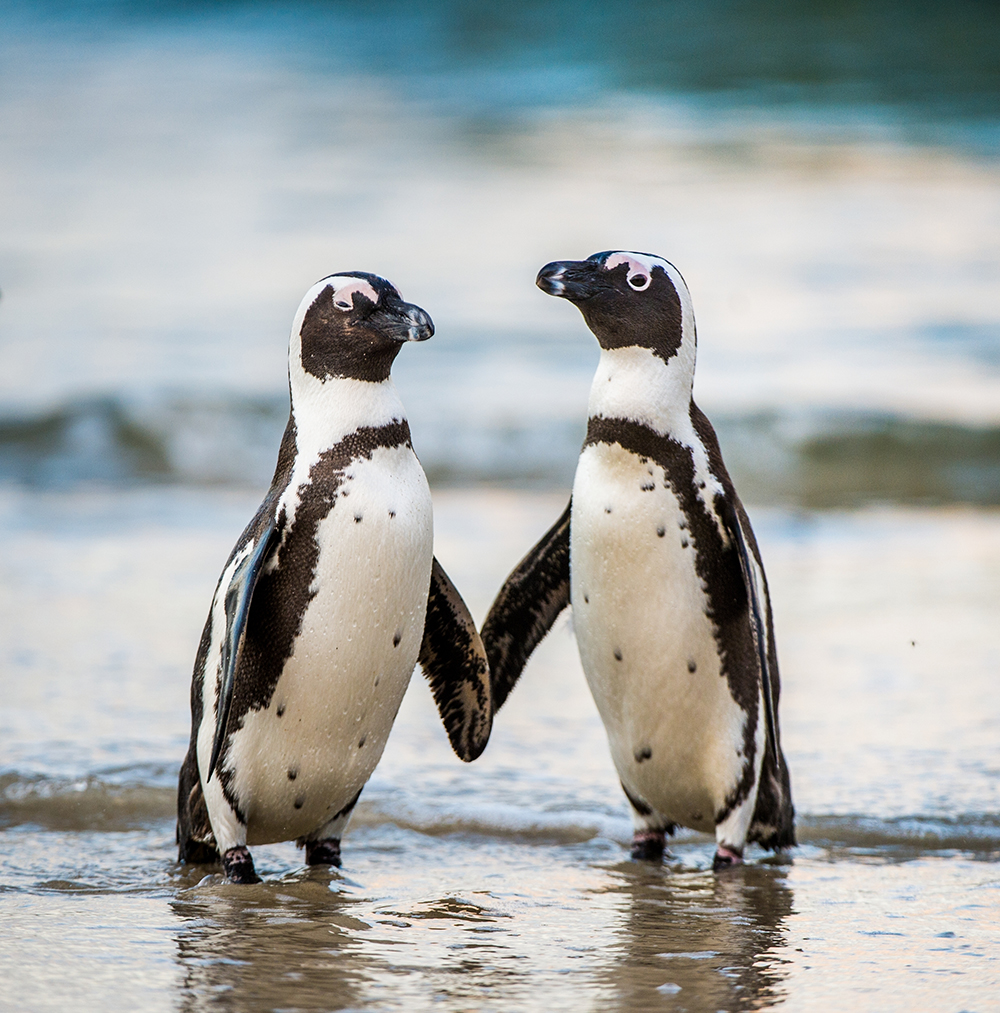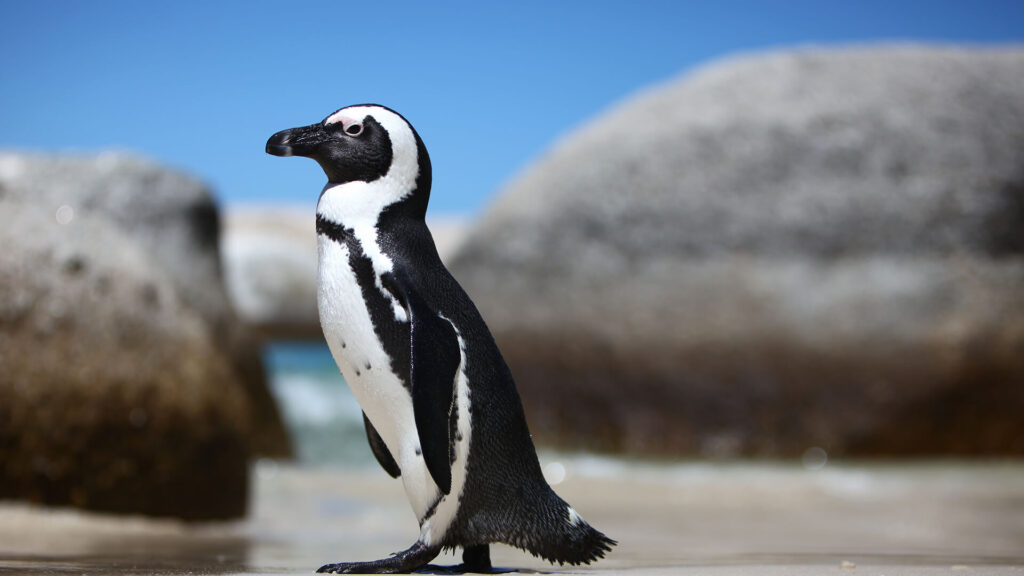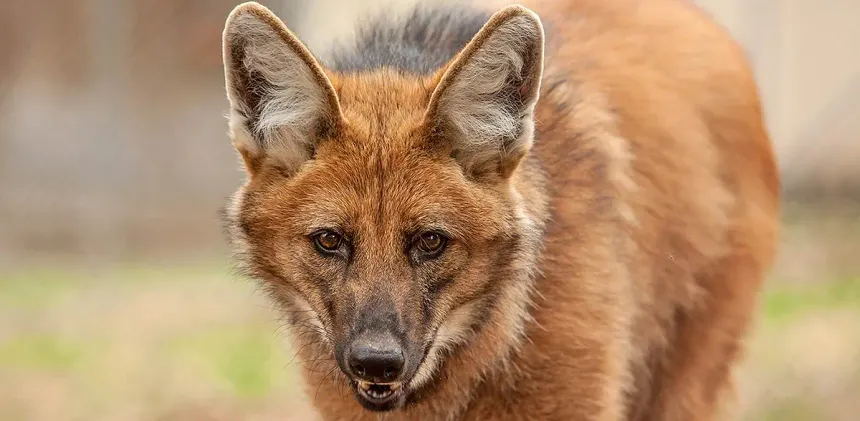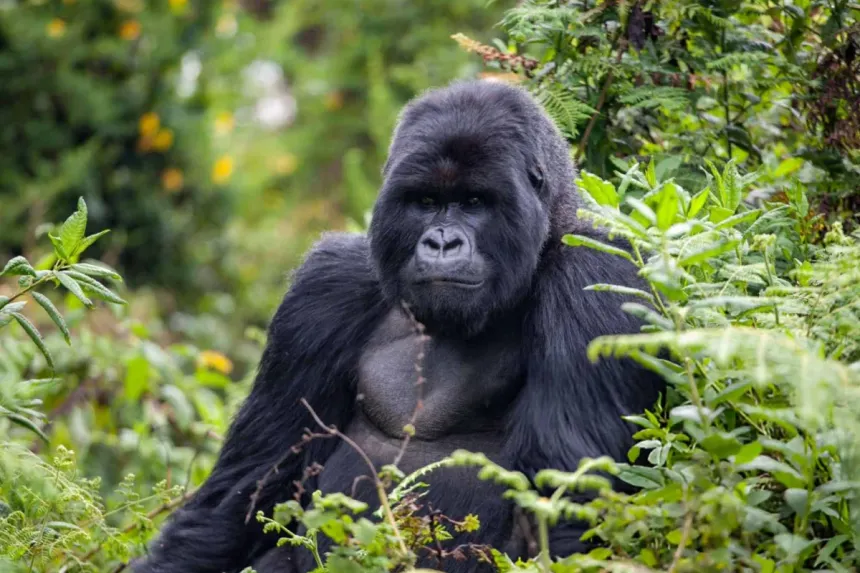10 Fascinating Facts About African Penguine.

🐧 10 Fascinating Facts About the African Penguin
1. 🇿🇦 Only Penguin Native to Africa
The African penguin (Spheniscus demersus) is the only species of penguin found on the African continent, primarily along the southern coastlines of South Africa and Namibia.
2. 🐴 They Sound Like Donkeys
They earned the nickname “jackass penguins” because of their loud, braying call, which sounds like a donkey’s hee-haw.
3. ☀️ They Have Built-in Sunglasses
African penguins have a gland above their eyes that helps regulate body temperature. It also gives their eyes a distinctive pink patch—acting like natural sunshades to deal with the African sun.
4. 🌊 Excellent Swimmers
They may waddle awkwardly on land, but in the water, they’re fast and graceful swimmers, reaching speeds of up to 20 km/h (12 mph) to catch fish like sardines and anchovies.

5. 🐣 Lifelong Partners
These penguins are monogamous and often return to the same mate each breeding season. They usually lay two eggs and take turns incubating and caring for the chicks.
6. 🏖️ They Nest on Sandy Beaches
Unlike Antarctic penguins, African penguins nest in burrows dug in sand or under rocks, to stay cool and protect their eggs from heat and predators.
7. ⏳ They Molt Once a Year
They go through a yearly “catastrophic molt” where they lose all their feathers and can’t go to sea to feed for about three weeks. During this time, they rely on stored body fat.
8. ⚠️ Endangered Status
African penguin populations have declined by over 60% in the past few decades due to overfishing, oil spills, and habitat destruction. They are currently listed as Endangered by the IUCN.
9. 🧼 Victims of Oil Pollution
Their habitat is near major shipping routes, making them especially vulnerable to oil spills, which can destroy their waterproofing and cause mass die-offs.
10. 🐾 They Have Unique Spots
Each African penguin has a unique pattern of black spots on their chest, almost like a fingerprint—this helps researchers identify individuals in the wild.




